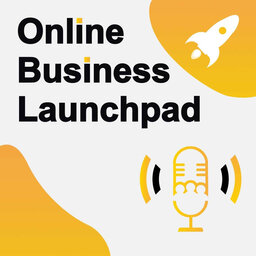How To Stop Burnout Before Burnout Stops You With Counselling and Clinical Psychologist Katrina Streatfeild
We often think of burnout as something that happens in the workplace.
For example, in the ICD-11 (International Classification of Diseases, version 11) the World Health Organisation defines burn-out as “a syndrome conceptualized as resulting from chronic workplace stress that has not been successfully managed (see Burn-out an "occupational phenomenon": International Classification of Diseases).
It [burnout] is characterized by three dimensions:
- feelings of energy depletion or exhaustion;
- increased mental distance from one’s job, or feelings of negativism or cynicism related to one's job; and
- reduced professional efficacy.
But in today’s podcast episode with Counselling and Clinical Pyschologist Katrina Streatfeild, we argue that the definition of what constitutes a “workplace” needs to be widened … a lot.
Because burnout can affect more people than just those in paid work.
So as a busy person, whether in paid or unpaid work, are you at risk of burnout? And if you are, what can you do about it?
In 1 playlist(s)
Online Business Launchpad | Start An Online Business | Online Business Growth
The Online Business Launchpad podcast shares tips, techniques and stories from small business owners…Social links
Follow podcast
Recent clips

How AI Search Is Changing SEO (and Why You Still Need Both) with Expert Colin Clapp
39:56

Stop Writing Like Everyone Else: Copy Tips That Actually Get You Clients with copywriter Emily Aborn
33:59

What If the Problem Isn’t You, It’s Your Business Model?
34:23
 Online Business Launchpad | Start An Online Business | Online Business Growth
Online Business Launchpad | Start An Online Business | Online Business Growth